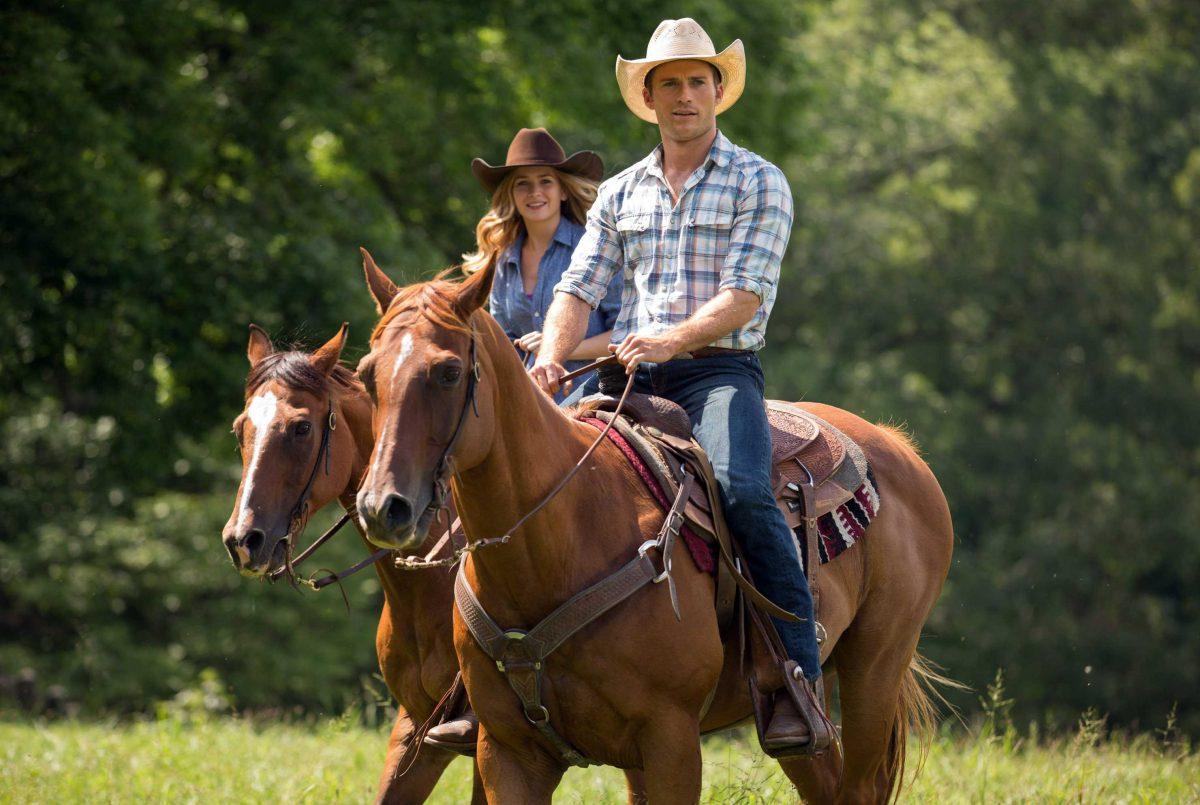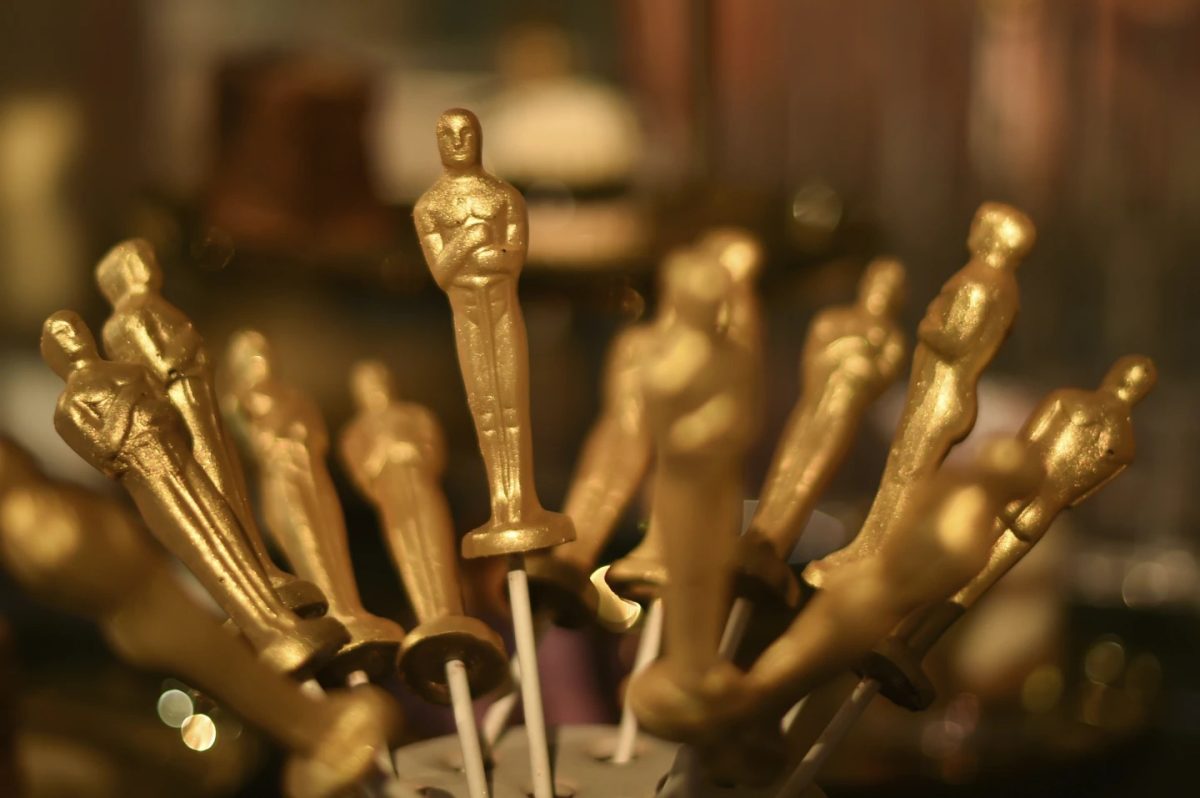With the release of “The Longest Ride,” Nicholas Sparks season is upon us.
Yes, Nicholas Sparks season — when couples flock to theaters and boyfriends hope the sight of Channing Gosling-Efron’s washboard abs will set them up for more than just a goodbye kiss.
It’s the time of year when Snapchat stories fill up with “ironic” pictures of ticket stubs that belie the fact you secretly enjoyed the film. We all know you did. You’re not fooling anyone.
In the interest of full disclosure, you should know I have not seen “The Longest Ride.” But I’ve seen enough Nicholas Sparks movies — I was a teenage boyfriend and have a Snapchat — that I can guess the general direction in which this film is going.
An impossibly attractive, relatively well-off to stinking rich, white, heterosexual, vaguely Southern couple fall in love. They have an earth-shattering first kiss which may or may not lead to tepid sex, probably after getting soaked by rain.
Next, a tragedy of epic proportions drives the couple apart.
Maybe the lead actress’s father hates our protagonist because he’s whiter and more charming than dad will ever be. Maybe there’s some hilarious misunderstanding that could easily be solved with a quick conversation if you would just — oh, you’re just going to run away hysterically. That works, too.
But as we all know, love eventually overcomes the odds. Our couple ends up reunited, whiter and more attractive than ever, and the audience’s hearts grow three sizes. And by the audience’s hearts, I mean Nicholas Sparks’s wallet.
By now, and at the risk of sounding like a grumpy old man who hates love, it’s probably obvious that I’m not what you would call a fan of Sparks’ movies.
My problems with Nicholas Sparks movies are nothing new.
There’s a comical lack of diversity in his films. They tend to portray stories in which the lead characters face easily solvable, shallow problems — a case of mistaken identity or an easily-gotten-over death.
Most of the films portray the lead male as a brooding, muscular caricature of masculinity, while the female lead is an ethereal, waif-like being who threatens to evaporate entirely at the slightest hint of conflict.
They portray exclusively heterosexual, same-race relationships between impossibly attractive people for whom money is rarely an issue. I think Liam Hemsworth being too rich was actually a point of contention in “The Last Song.”
And there is something decidedly unromantic about the obvious monetization of love by an 11-film series based on one author’s books.
But here’s the thing — excluding that last point, I could easily have been pointing out the flaws in Christopher Nolan’s “Batman” trilogy.
Despite these flaws in the movie industry as a whole, it seems that a disproportionate amount of scorn is heaped upon Nicholas Sparks films and teen romance in general.
One explanation is that, as a society, we find it easier to make fun of something we see as meant for teenage girls.
Let’s face it: pointing out the flaws in a Nicholas Sparks movie is like shooting fish in a barrel. But so is finding problems in action films — superhero films in particular. Yet, rarely do you read the same kinds of hostile, borderline contemptuous reviews that you find aimed at teen romances. I certainly haven’t written any.
But there is another explanation, one that you may be unprepared to hear. Sparks and his movies are so widely scorned, so universally reviled, that they offer us an untainted lens through which to view every other movie ever made.
The Sparks universe, to many viewers, represents a cinematic world untainted by nostalgia, devoid of any of the emotional tricks used by marketers to, say, convince full-grown men and women to buy tickets to a movie about talking martial arts turtles. Perhaps this is why it is so much easier to point out flaws in “The Lucky One” than in “Spider-Man.”
It is therefore possible to use the accusations leveled at teen romances to construct honest, unbiased critiques of movies we love.
It may not be until you laugh out loud in a crowded theater at the lack of diversity in “Dear John” that you begin to notice the same problem in films that you love — I know it opened my eyes. The same could be said for the heteronormativity and rigid gender roles that pervade Nicholas Sparks films.
I’m no scrooge: I prefer to cast Sparks and his movies in this more forgiving light. Though almost assuredly unintentionally, he’s given me a truly unbiased way to examine my own prejudices and point out the imperfections in movies that I love.
A younger me would find this unthinkable, treasonous even. But for offering me that opportunity — as well as many dates and Snapchat stories — I have to thank Nicholas Sparks.
Alex Mendoza is a 22-year-old political science and international studies senior from Baton Rouge. You can reach him on Twitter @alexmendoza_TDR.
Opinion: Nicholas Sparks films disproportionately criticized
By Alex Mendoza
April 12, 2015
This photo provided by Twentieth Century Fox shows, Scott Eastwood as Luke, and Britt Robertson, as Sophia, in a scene from the film, “The Longest Ride,” directed by George Tillman, Jr. The movie releases in the U.S. on April 10, 2015. (AP Photo/Twentieth Century Fox, Michael Tackett)
More to Discover










